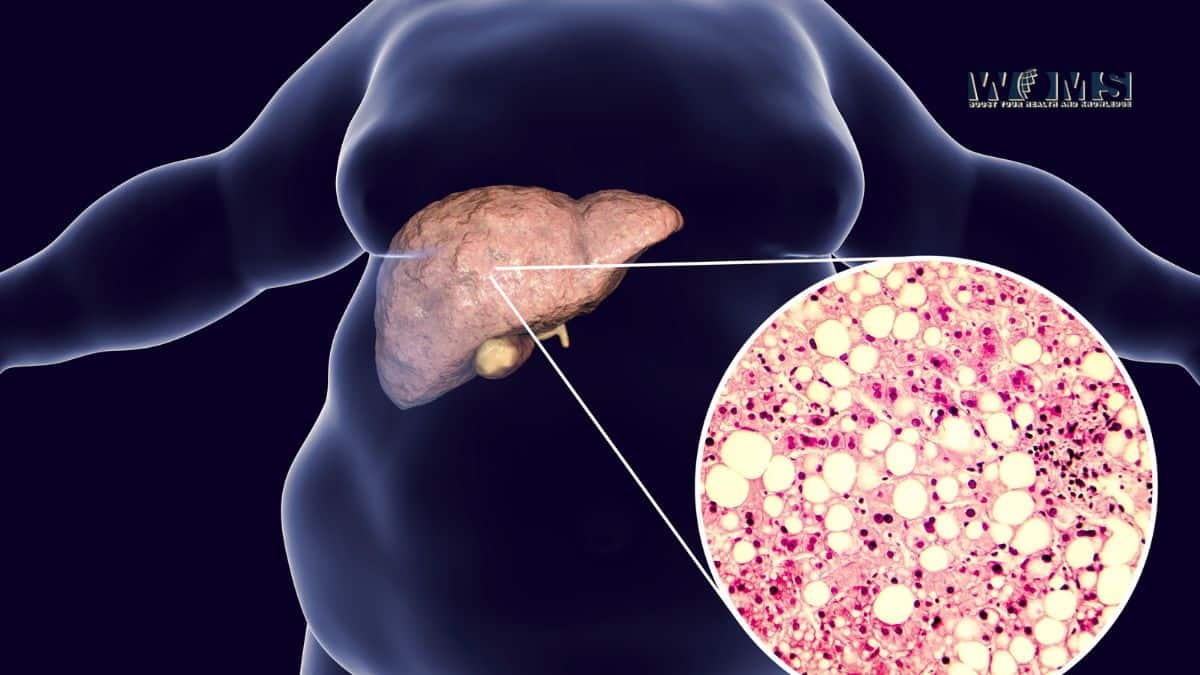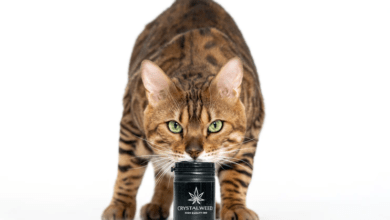How To Prevent a Liver Failure: Here is All You Need to Know

The liver is the largest body organ after the skin. It performs a vital function in the overall human system. It is responsible for removing toxins from the blood, regulating blood clotting, maintaining blood sugar levels, and production of bile, which aids digestion and manages waste.
Health researchers posit that the liver carries out over 500 functions. Hence, an unhealthy liver harms overall well-being and quality of life. There are diverse liver-related diseases; some are manageable, and some are life-threatening. A liver problem becomes fatal when it causes the liver not to be able to perform its function as it should.
Liver failure has cost too many lives globally. While some liver problems are hereditary, most are not. The good news is that liver failure is preventable. This article will outline the measures you can implement to prevent liver failure.
What Is Liver Failure?
Liver failure is the total breakdown of the liver. A liver fails when a significant part of it is damaged beyond repair. It is life-threatening, and if not urgently addressed, it could lead to death. Many liver diseases end up in liver failure. Liver failure comes in two ways:
Acute liver failure
This is uncommon and more dangerous. It is a case of the liver losing functionality in a matter of days or weeks. It occurs in people who have no history of liver-related problems.
Chronic liver failure
This is often the case with people experiencing liver problems. The damage builds up until the liver can no longer handle its functions. Usually, it results from cirrhosis, the replacement of healthy liver tissue with scar tissue. It is the severe stage of NASH. There are NASH symptoms that can indicate the presence of cirrhosis.
Signs of Impending Liver Failure
Liver failure symptoms are often similar to the symptoms of numerous liver diseases. It takes close medical observations to diagnose liver failure because it might initially appear as one of the liver conditions.
Early signs are:
- Diarrhea
- Loss of appetite
- Excessive tiredness
- Nausea or drowsiness
Late symptoms are:
- Mental confusion
- Jaundice
- Abdominal pain and swelling
- Easily bleeding
- Unusual sleepiness
Causes of Chronic and Acute Liver Failure
Sudden failure of the liver can be caused by Acetaminophen overdose, viruses, harmful prescription and herbal medications. It can also be caused by consuming wild mushrooms or Wilson genetic disease, industrial toxins, and septic shock.
Chronic liver failure usually results from untimely and improper treatment of common liver diseases. The following diseases are the common causes of chronic liver failure:
- NAFLD/NASH
- Hepatitis B and C
- Cirrhosis
- Wilson disease
- Liver cancer
- Primary biliary cholangitis (PBC)
Aside from the conditions mentioned above, other conditions can also be responsible for liver failure. Examples are excessive constant alcohol consumption and unhealthy diet. Also, a person’s way of life can sponsor liver failure.
How To Prevent Liver Failure
There are two significant ways to prevent liver failure: avoiding habits leading to acute liver damage and preventing liver diseases that eventually evolve into chronic liver failure. Here are active steps you can take to prevent both acute and chronic liver failure.
- Avoid excessive alcohol consumption: One of the functions of the liver is alcohol breakdown. Excessive drinking overworks the liver as it tries to moderate the quantity, leading to damage.
- Eat healthy meals: One major liver problem is Fatty Liver Disease. It is caused by excessive storage in the liver, which eventually causes inflammation and scarring of the liver. Reducing your consumption of fat will help in this regard.
- Avoid contraband and expired drugs: The liver filter illicit drugs as toxins out of the body. Continual consumption of these drugs can eventually damage the liver.
- Avoid unprotected sex: Sexually transmitted diseases can cause liver diseases such as hepatitis C. Practicing safe sex will prevent such diseases.
- Get needed vaccination: Some vaccines prevent hepatitis A and B; get them at the appropriate time. Also, get vaccines for diseases that grow in the liver, such as yellow fever and malaria.
- Maintain a healthy weight: obesity is one major cause of NAFLD/NASH. Too much fat in your abdomen can get stored in your liver, causing inflammation or, even worse, cirrhosis. Exercise constantly. All body organs benefit from bodily movement. Sitting in a place for too long is not suitable for the liver.
- Respond promptly to any abdominal-related issues: Most liver problems can be controlled or treated if detected early. A proper diagnosis will prevent the disease from spreading and damaging the liver.
- Use drugs as prescribed: Refusal to follow instructions on prescribed medications can lead to liver failure.
- Avoid eating wild mushrooms: They are poisonous to the liver.
- Keep a clean environment and avoid contact with bodily fluids and blood from other people.
Your Health Comes First
It is cheaper and safer to prevent liver failure than to treat it. Aside from the above preventive measures, natural and detoxification drinks can help clean your liver. Among these natural drinks are turmeric, coffee, ginger and lemon, green tea, and oatmeal. Give your liver the best treatment you can.




